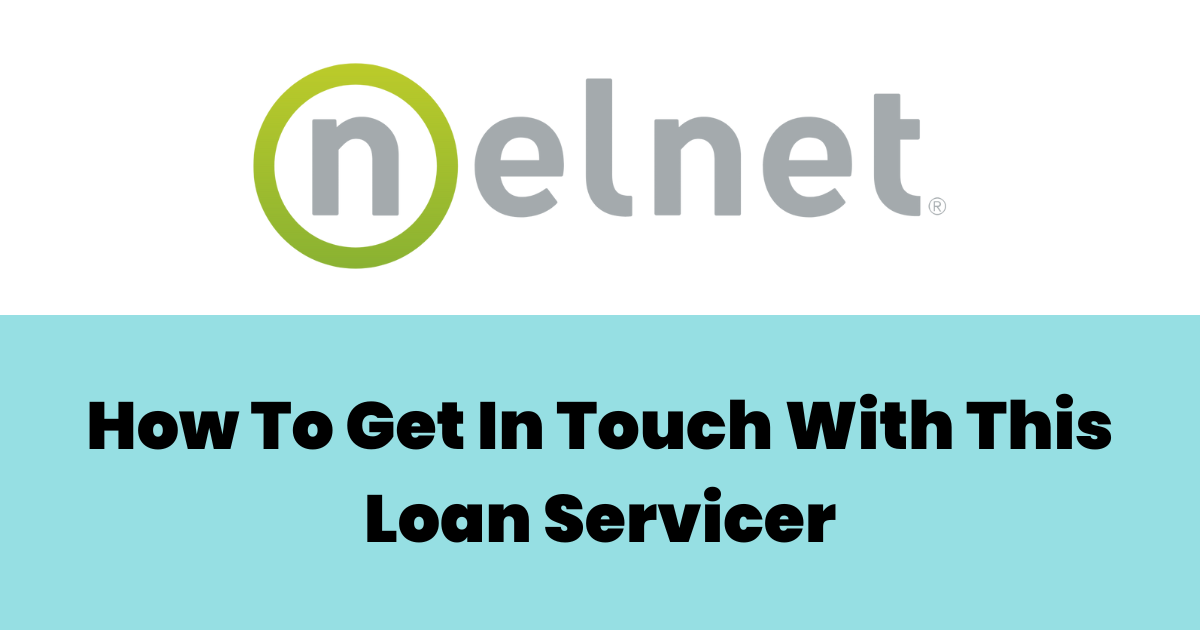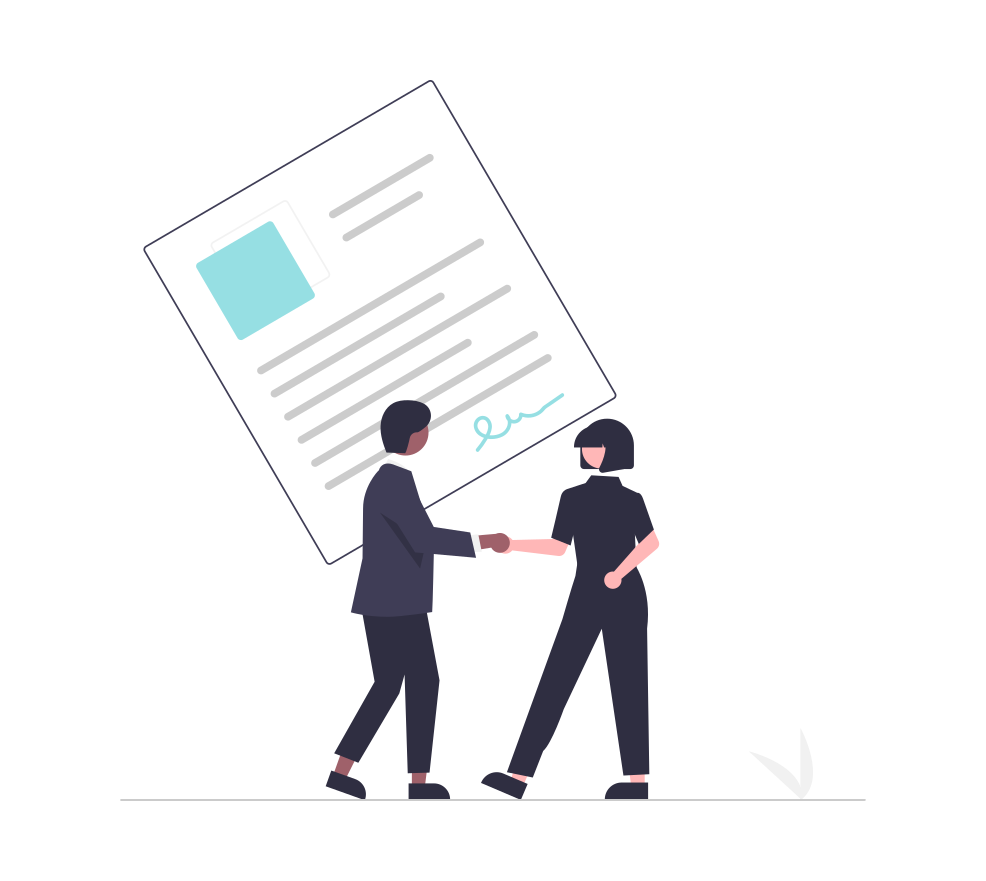There is no such thing as private student loan forgiveness, however there are instances (not fun) where this could happen. The two exceptions are death or if you become permanently disabled.
We'll dive into your frequently asked questions and shed light on the reality of private student loan forgiveness, along with tips to manage and pay off these loans effectively.
Will Private Student Loans Be Forgiven?
No, private student loans will not be forgiven. During Biden's Debt Forgiveness announcements, many thought or hoped private student loans would be included but the forgiveness plan was only for federal student loans.
Why Won't Private Student Loans Be Forgiven?
Private student loans are issued by banks, credit unions, or other financial institutions, unlike federal student loans that are funded by the government.
As a result, private loans don't fall under federal forgiveness programs like Public Service Loan Forgiveness or Teacher Loan Forgiveness. Private lenders have their own terms and conditions, and forgiveness, as seen with federal loans, is exceptionally rare.
Will the Government Pay Off Private Student Loans?
No, the government does not offer forgiveness programs for private student loans. Federal student loans are subject to government-based programs like income-driven repayment plans and forgiveness options. Private loans do not have access to these federal benefits.
However, the government has established strict regulations for private lenders to ensure fairness and transparency.
The Truth in Lending Act (TILA) and the Higher Education Opportunity Act require private lenders to provide clear and complete information about loan terms, interest rates, and repayment options to borrowers.
If you're facing financial hardship and struggling to make payments on your private student loans, your first step should be to contact your lender.
While forgiveness might not be on the table, your lender may be willing to work with you by offering deferment, forbearance, or alternative repayment plans.
What Happens If You Never Pay Your Private Student Loans?
Defaulting on your private student loans can have severe consequences. Private lenders are more likely to take legal action to recover the debt.
Here's what could happen if you stop paying your private student loans:
Collection Efforts
Private lenders may employ aggressive collection tactics, such as contacting you, your co-signer, or your references frequently.
Damage to Credit Score
Late payments and default will negatively impact your credit score, making it challenging to secure loans, credit cards, or even housing in the future.
Legal Action
Private lenders can take legal action against you to obtain a judgment, which could result in wage garnishment or the seizure of assets.
Co-Signer Responsibility
If someone co-signed your private student loan, they will be equally responsible for repayment. Defaulting can harm their credit and financial situation as well.
Limited Options
Unlike federal loans that offer various repayment options, private loans typically have fewer alternatives for struggling borrowers.
To avoid these outcomes, it's crucial to communicate with your lender if you're facing financial difficulties. Most lenders are open to working with borrowers to establish a manageable repayment plan.
Tips to Pay Off Your Private Student Loans
Paying off private student loans may not involve forgiveness programs, but it's possible to manage them effectively. Here are some tips to help you tackle your private loan debt:
Create a Budget
Develop a comprehensive budget to track your income, expenses, and debt payments. Consider a zero-based budget as a starting point or you can use our free budget template.
Increase Income
Explore opportunities to boost your income, such as side gigs, part-time jobs, or freelancing.
Refinance Your Loans
Consider student loan refinancing to secure a lower interest rate, potentially reducing your monthly payments.
Make Extra Payments
Whenever you have additional funds, allocate them toward your student loan principal to accelerate repayment.
Making extra payments can help you pay down your principal balance faster and lower your total interest paid over the life of the loan.
Prioritize High-Interest Loans
Focus on paying down high-interest loans first to minimize the overall interest you'll pay.
Work For A Company With A Student Loan Repayment Benefit
Dwindle has a list of companies that offer student loan repayment as a benefit to their employees. This means that on top of your salary or hourly wage, the company will pay money directly towards your student loan debt.
For a real-life example, check out how Chegg is helping our founder with paying off his student loan debt.
Seek Assistance
Reach out to your lender to discuss options like deferment, forbearance or pausing your student loan payments. Some lenders may even offer modified repayments plans that are similar to those for federal loans.
Stay Informed
Keep up-to-date with any changes in state laws that might offer assistance for private loan borrowers.
Final Thoughts on Private Student Loan Forgiveness
Navigating the world of private student loans can be challenging, but understanding your options and taking proactive steps can make a significant difference.
While getting your private student loans forgiven may not apply, staying informed and exploring different repayment strategies can help you manage and ultimately pay off your private student loans.
We hope you found this helpful and be sure to check out our free resources to help you pay off your student loan debt.




